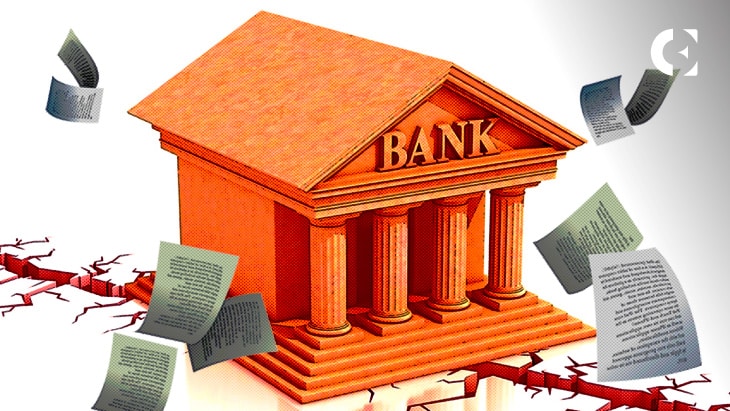- Arthur Hayes commented on his perspectives on the US authority’s closure of the First Republic Bank.
- The BitMEX co-founder posited that the FDIC’s move has been a political paralysis.
- Hayes added that the politics regarding banking and finance is toxic.
Arthur Hayes, the American entrepreneur, and co-founder of the crypto exchange BitMEX invited the Twitter community’s attention to his perspectives on the US government’s recent seizure of California’s First Republic Bank. He commented that the Federal Deposit Insurance Corporation’s (FDIC) move has been a “political paralysis” to capitalize the “non-TBTF” bank.
Notably, on Monday, it has been officially declared that the regulators seized the First Republic Bank and handed over its control to the leading financial services company JPMorgan Chase & Co; the bank has been struggling for the past few weeks amid the financial turmoil that startled the entire banking sector.
In the early hours of May 2, as a response to the bank’s closure, Hayes asserted that the government has been effectively nationalizing the eight TBTF (Too Big To Fail) banks, calling it as the “politics of the day.”
In addition, Hayes pointed out that those banks are supported by the government as their deposits hold the authority’s guarantee; the banks wouldn’t be pushed to complete failure regardless of the government’s decision.
Significantly, he propounded that the depositors’ holdings are safe unless they are in a non-TBTF bank, stating:
When called upon the 8 TBTF banks must absorb their shitty cousins who couldn’t handle the rough and tumble free market. The prodigal childrens’ equity holders will get a 0 first, but the depositors will find a new home in a safe TBTF bank.
Interestingly, the BitMEX co-founder reiterated that the crypto community is still unclear about the actual losers of the banking debacle as the authority has been deliberately introducing “contorted solutions” to create confusion. While commenting on the confusion prevailing in the community, he added that the “politics surrounding banking, credit, and debt are toxic”.
Post Views: 47











